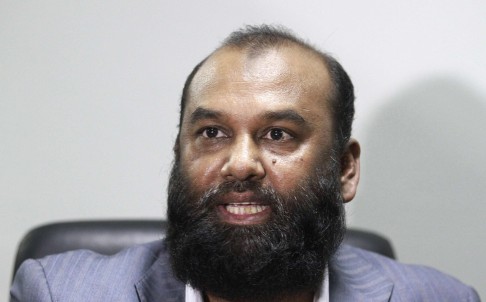"Brave New Films, the film studio that produced the ground-breaking documentary, 'Wal-Mart: The High Cost of Low Price,' is holding an online vote to pick the 'worst of the 1%.'
"They’re looking for the person who is doing the most with their wealth to exploit the rest of the country – and to privatize public services and public trust resources.
"Walmart Watch is urging people to vote for Rob Walton, chairman of Walmart and an heir to the Walton’s family fortune, as the worst of the one percenters.
"Walmart Watch is an organization that 'seeks to hold Walmart fully accountable for its impact on communities, the American workforce, the retail sector, the environment and the nation’s economy.'”
Socialize the cost.
Privatize the profit.
Where all fortunes come from?
Wal-Mart Chairman Rob Walton: The Worst of the One Percent?
"They’re looking for the person who is doing the most with their wealth to exploit the rest of the country – and to privatize public services and public trust resources.
"Walmart Watch is urging people to vote for Rob Walton, chairman of Walmart and an heir to the Walton’s family fortune, as the worst of the one percenters.
"Walmart Watch is an organization that 'seeks to hold Walmart fully accountable for its impact on communities, the American workforce, the retail sector, the environment and the nation’s economy.'”
Socialize the cost.
Privatize the profit.
Where all fortunes come from?
Wal-Mart Chairman Rob Walton: The Worst of the One Percent?
Last edited:




